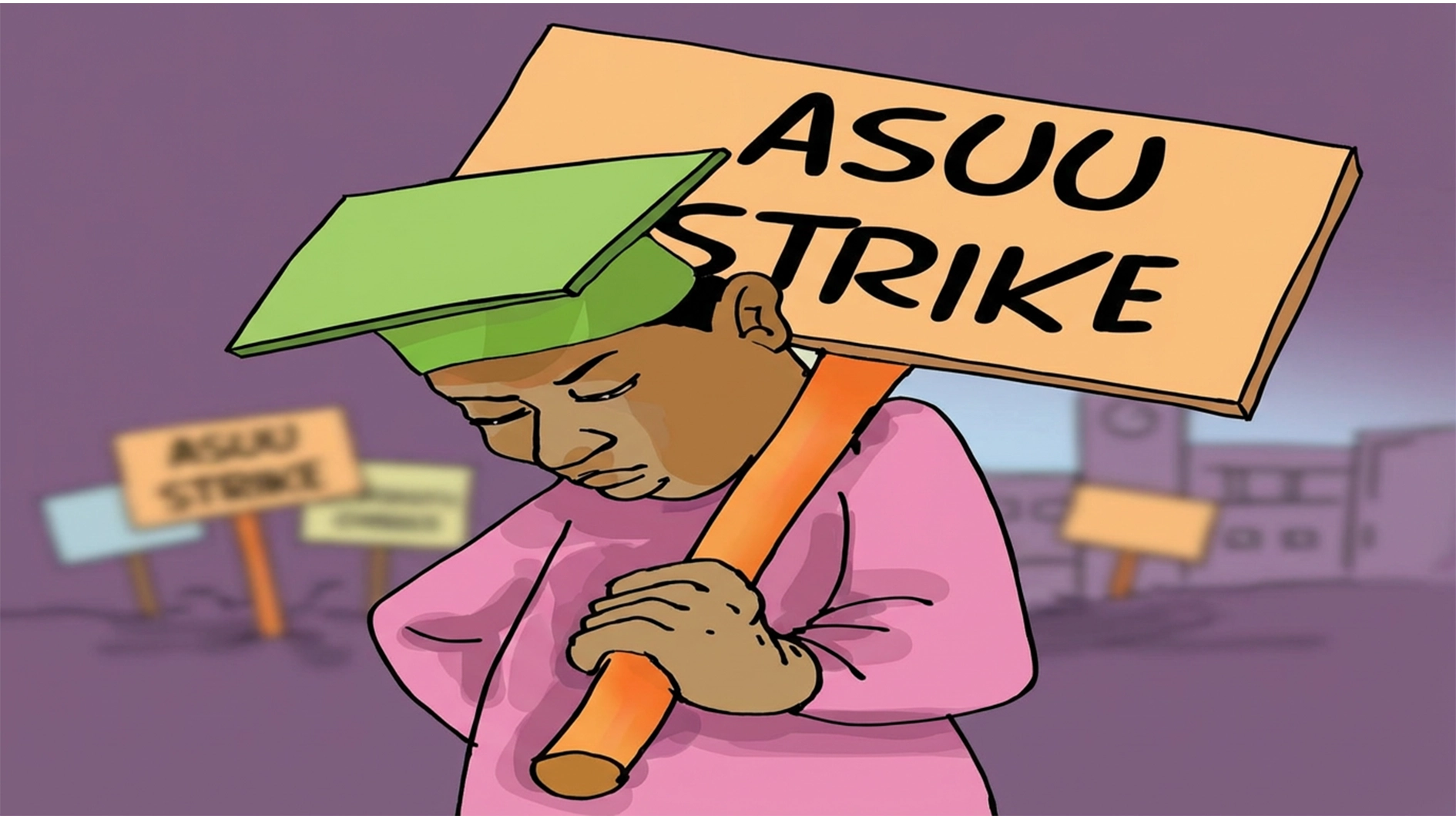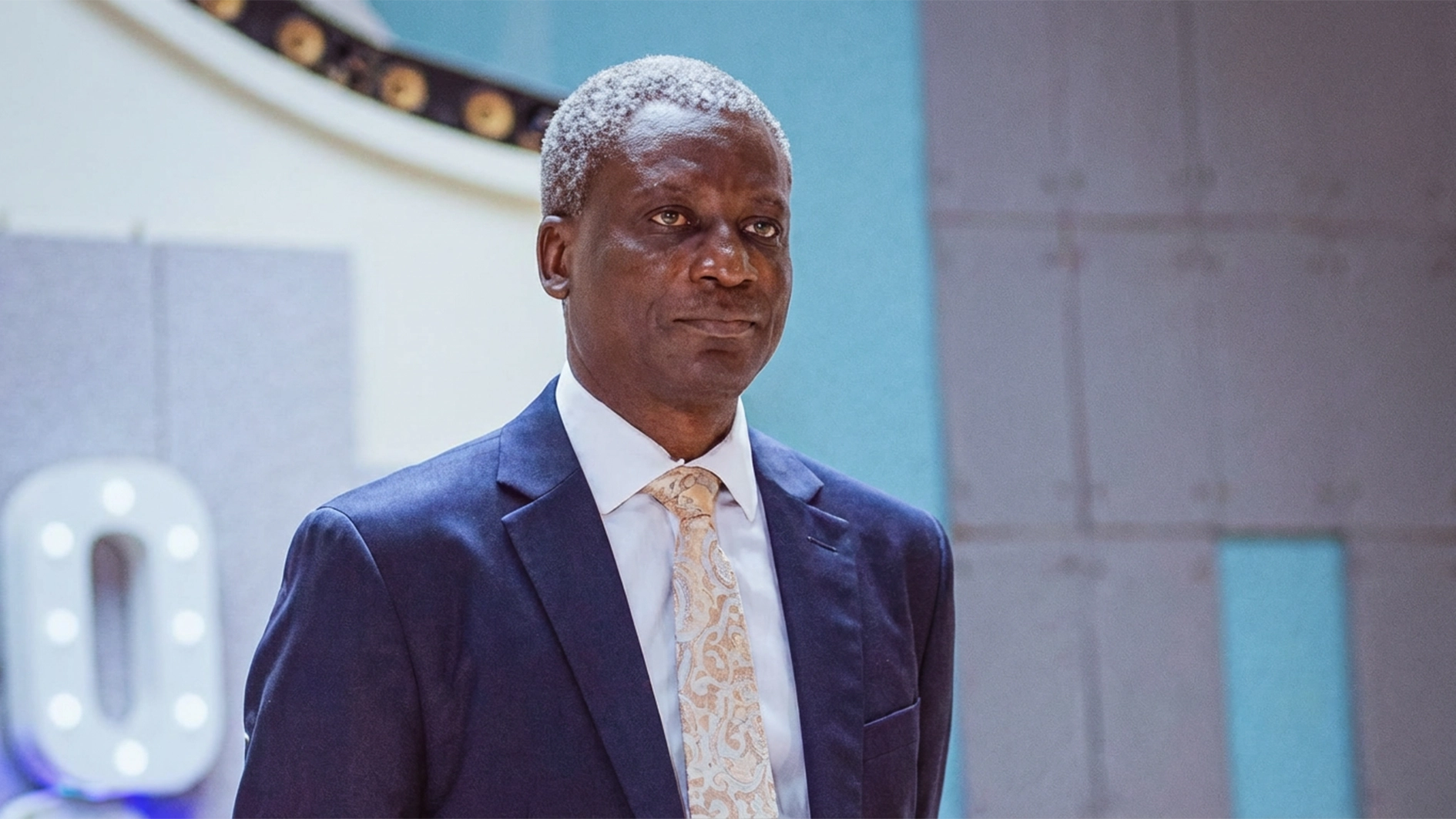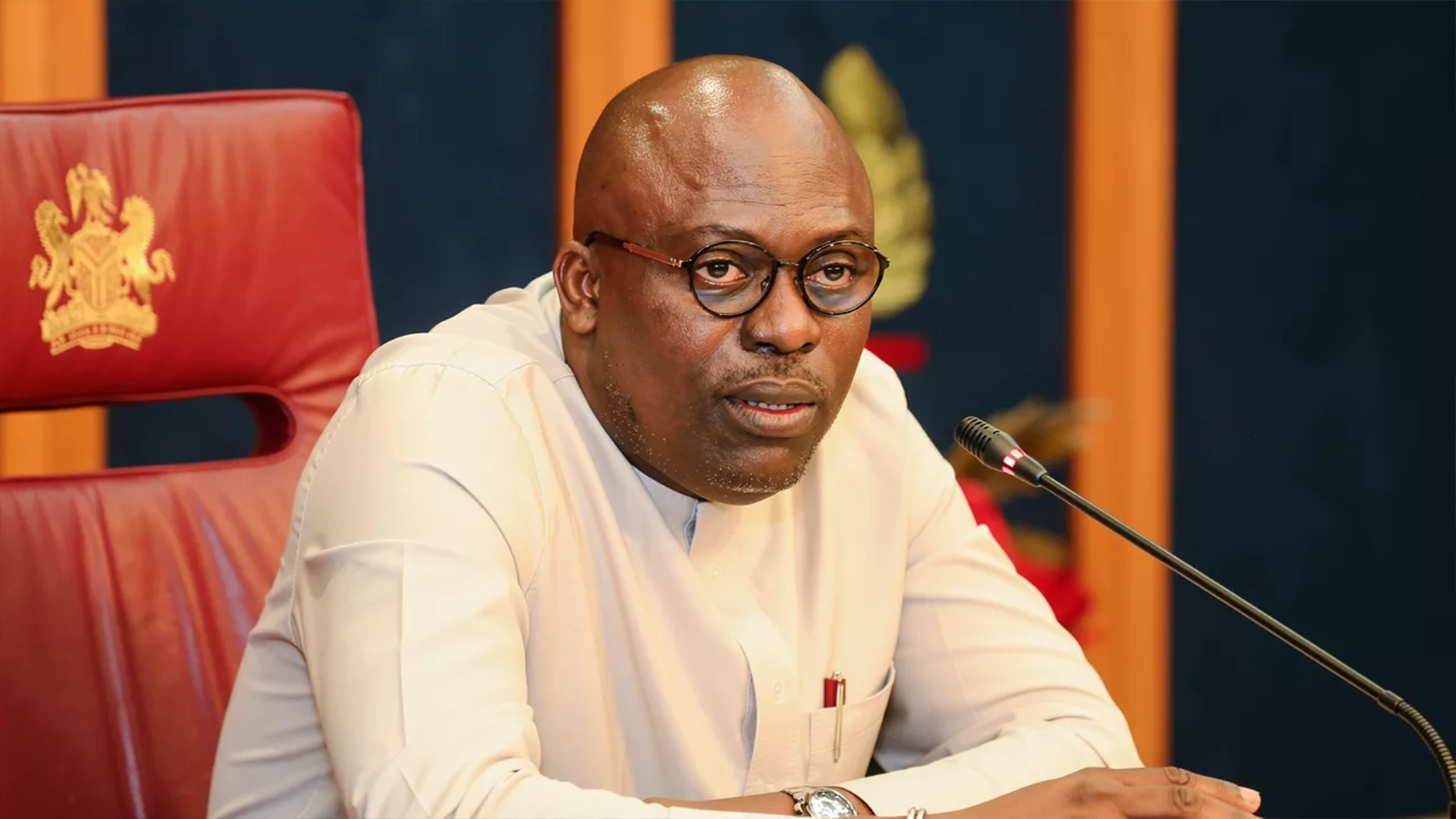Former Deputy Governor of the Central Bank of Nigeria CBN, Kingsley Moghalu, has condemned Godwin Emefiele’s tenure as head of the apex bank, describing the former governor’s leadership as disastrously incompetent and a major contributor to the country’s economic decline.
In a post on X, Moghalu compared the performance of the former governors of the CBN and current governors with what he characterised as a period of institutional deterioration during Emefiele’s nearly decade-long stewardship.
Moghalu said the CBN chief functioned more as a political poodle than a real central banker, arguing that his approach undermined the principle of central bank independence.
According to Moghalu, the CBN’s role as a stabilising institution was compromised by Emefiele’s willingness to adopt political directives under the administration of former President Muhammadu Buhari.
“All the presidency had to say was ‘jump’ and he would ask, ‘How high?’” he said.
Emefiele has faced a series of corruption-related charges since his suspension in 2023, including allegations of abuse of office, fraudulent procurement practices and misconduct linked to the controversial naira redesign programme.
Several of the charges have been withdrawn at different stages, while new filings have emerged, prolonging a complex legal battle that continues to draw national attention.
The naira redesign policy, introduced in the final months of Buhari’s presidency, caused severe cash shortages and disrupted daily life across the country.
The policy was widely criticised for poor timing, weak implementation and harmful effects on small businesses, informal markets and agriculture-dependent communities.
The Supreme Court later ruled against aspects of the rollout, further cementing its reputation as one of the most contentious monetary decisions in recent history.
Moghalu also pointed to what he described as Emefiele’s overreach in seeking political office while still leading the central bank.
The former governor’s attempt to contest the 2023 presidential election without resigning from his post drew widespread backlash, raising concerns about partisan interference in a role traditionally insulated from political influence.
In his post, Moghalu contrasted Emefiele’s approach with that of former Finance Minister Ngozi Okonjo-Iweala, whom he praised for her pedigree and gravitas and for maintaining professional boundaries that protected fiscal policy from political capture.
He argued that her tenure showed how strong institutional leadership can limit excessive government borrowing and help stabilise macroeconomic management.
He wrote that central banks often find themselves operating like Sisyphus, labouring to maintain stability while political actors undermine long-term goals through short-term decision-making.
“The upshot of this is that central banks in Africa often labor like the Greek mythical king Sisyphus, who was condemned to rolling a huge boulder up the hill but could never tip it over to the other side because it kept rolling back down. While they work, politicians “scatter”, constraining the possibilities for overall macroeconomic management and economic transformation, he said.






